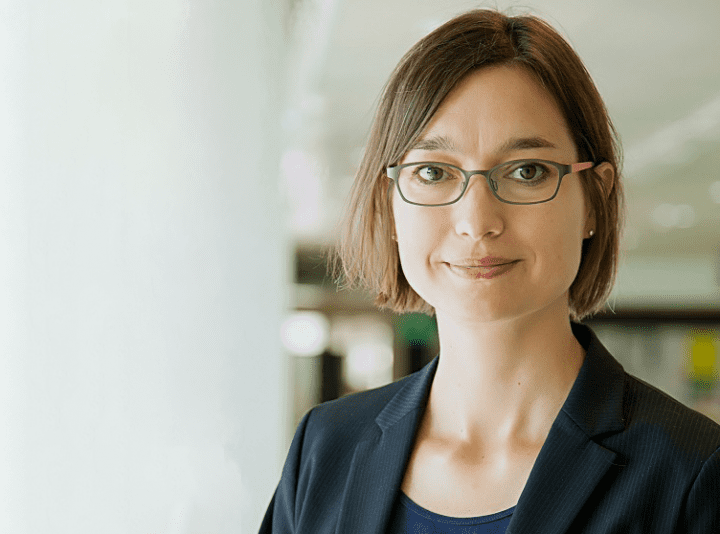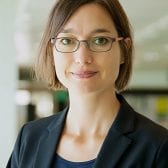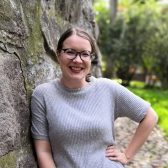MEET! Sabine Burghart − Centre for East Asian Studies
Sabine Burghart
Sabine Burghart is University Lecturer and Academic Director of the Master’s Degree Programme in East Asian Studies at the Center for East Asian Studies. Her teaching covers Korean contemporary history and the politics, society, and economy of North and South Korea. Sabine has also lived in Korea for over five years, and she has facilitated various projects and workshops in and related to North Korea. During those years, she also got the initial spark for her current research work.
“In 2011, I attended the 4th High-Level Forum on Aid Effectiveness in Busan. In panel discussions, representatives from South Korea, Japan, and China claimed to provide development assistance that is not only different from the ‘traditional’ (Western) donors but also more effective. These statements, as well as the conversations I had with development partners from the Global South, raised my curiosity in East Asian Official Development Assistance (ODA) approaches.”
Sabine’s current research concerns South Korea’s development assistance and partnerships in Sub-Saharan Africa. She is particularly interested in South Korea’s Global Saemaul Undong programme and questions of ownership. Sabine explains that, in contrast to China and Japan, South Korea’s role as a “donor” in Africa is still a relatively understudied subject. Her case study on Tanzania aims to contribute to a better understanding of South Korea’s development partnerships.
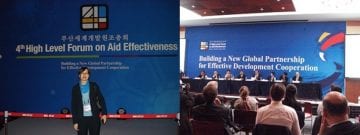
Living abroad in different socio-economic realities has taught Sabine a lot. She has learned, for instance, that there is a variety of solutions for a certain problem.
“Depending on the knowledge, skills and tools, and technological and financial means people have, problems are solved in different and creative ways – and solutions that are popular in the Global North are only one of many options − and not necessarily the most suitable one. In the contexts where I have worked in North Korea and Tanzania, bold low-tech solutions improved the community’s livelihood considerably and also became much more sustainable than expensive high-tech. I think that this aspect is important to keep in mind when pursuing cooperation and building networks.”
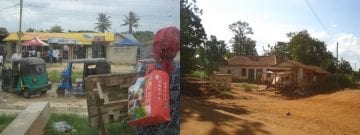
Sabine would definitely like to see an expansion in the international teaching and research cooperation at the University of Turku.
“One aim at the University should be building a truly international scientific community where new and inclusionary networks are created and expanded between the so-called Global North and South. The support and promotion of international knowledge exchanges between teachers and students ought to be intensified, and the scholarship programs expanded in order to provide more opportunities for students in both origins. Generally, and speaking from my personal experience, it is crucial to send young people to live in culturally and economically different societies. It leads to better mutual understanding, widens one’s horizon, and raises awareness about persisting inequalities, for instance.”
In research, closer cooperation could include co-authorship of journal articles and other scholarly work. A mentoring program for early-career scholars is also one idea Sabine has on how to create these mutually supportive systems − and much of these ideas can be realized remotely as well.
